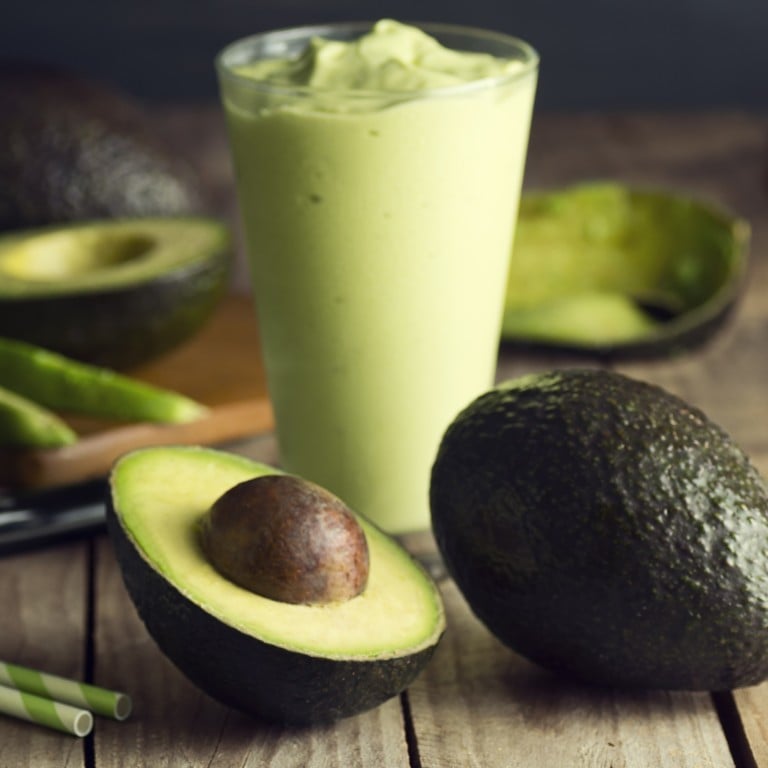
Avocado nutrition: how many should you eat in a day? Do they help you lose weight? How are they good for you
- Avocados are rich in nutrients that may help combat cancer and they can lower the bad cholesterol in blood to lessen cardiovascular diseases
- The fruit is higher in dietary fibre so makes us feel fuller, but it can also worsen kidney disease or irritable bowel syndrome
The avocado is arguably the most trendy fruit in the world.
With its versatility to be eaten raw or cooked, tossed into salads or mashed into a sauce, the creamy fruit meshes easily into popular diets like the ketogenic, vegan or Paleo diet.
Avocados are rich in healthy fats and vitamins, their health benefits touted all over the internet. But do you know which ones are true?
Three registered Hong Kong dietitians give us the low-down on the benefits of this buttery fruit.
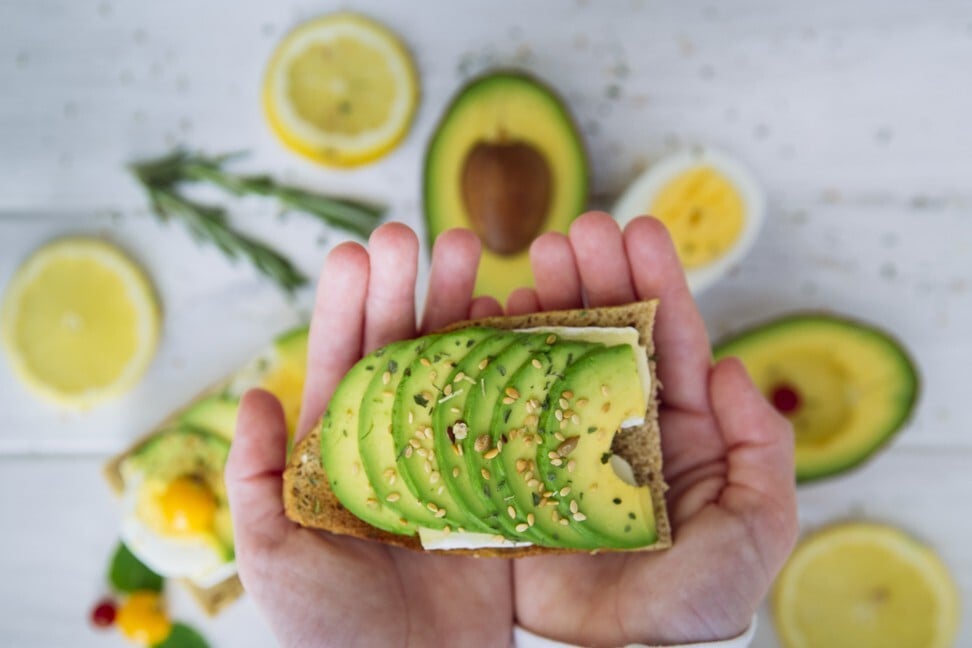
1. It reduces the risk of heart disease
Finding the perfect avocado in Hong Kong: why it’s harder than it looks
2. Potential cancer-fighting properties
Dietitian Edward Li says the cancer-fighting property may be from the avocado seed, or pit, which contains a remarkable amount of antioxidants and could help to reduce inflammation, more so than the avocado flesh itself.

That being said, Li says the pit must first be processed for its health benefits to be realised, such as by cutting, roasting or blending the seed with other ingredients.
There has been little research to prove that the antioxidant qualities can be passed on by eating the seed, though.
While some people make tea from the seed, Li does not recommend consuming it in any way until further research is done.
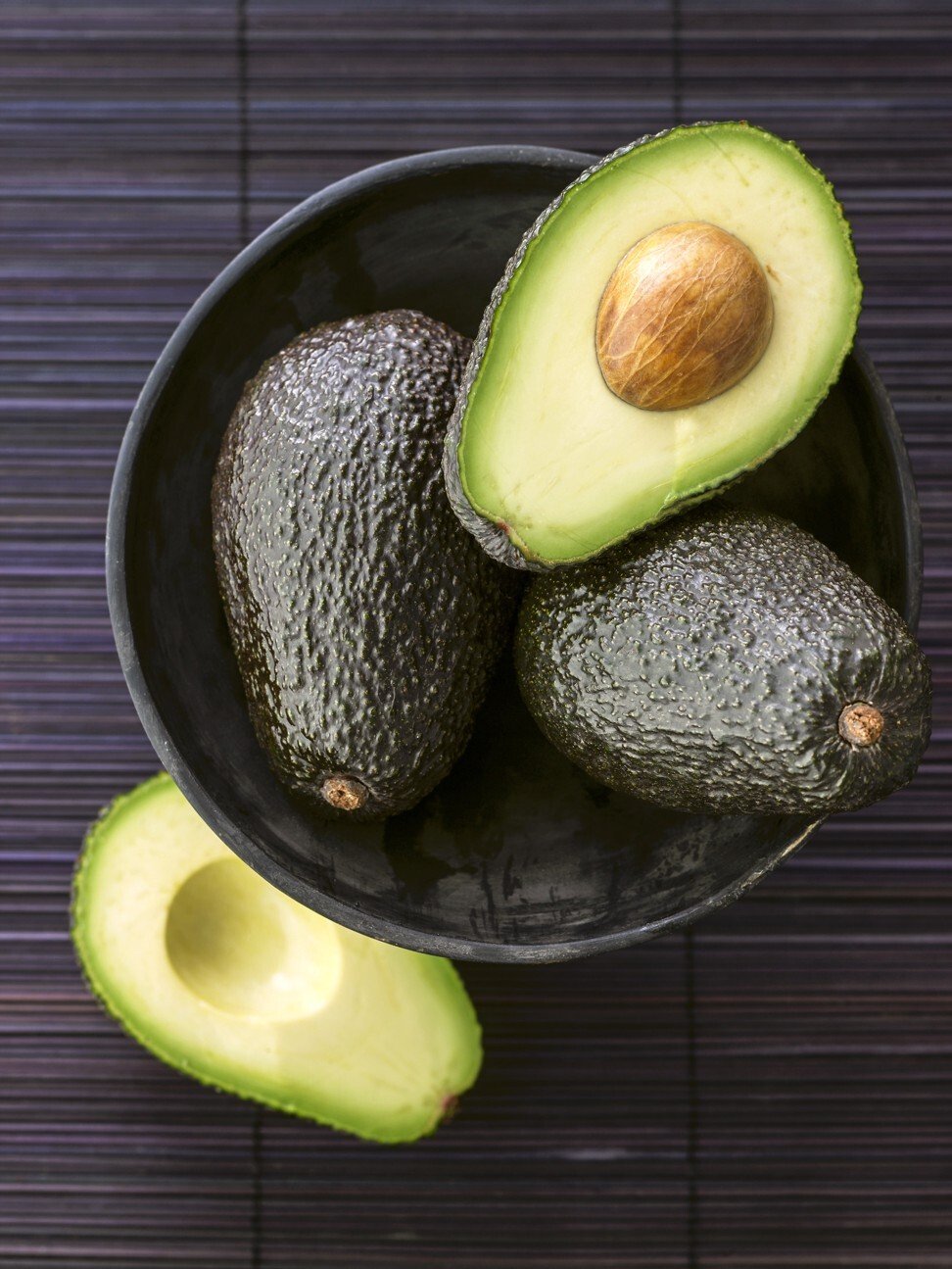
3. Improves eye health
Specifically, Li says these plant pigments reduce our risk of age-related macular degeneration (AMD), an eye disease that affects our vision. It occurs when a part of our retina, the macula, is damaged.
One-third of a medium avocado has about 136 micrograms of carotenoids, according to Li. While these carotenoids can reduce the risk of AMD, he reminds us that there are other fruits and vegetables rich in lutein too, such as kale, spinach, mustard greens, corn, papaya and oranges. Eggs are also high in lutein.
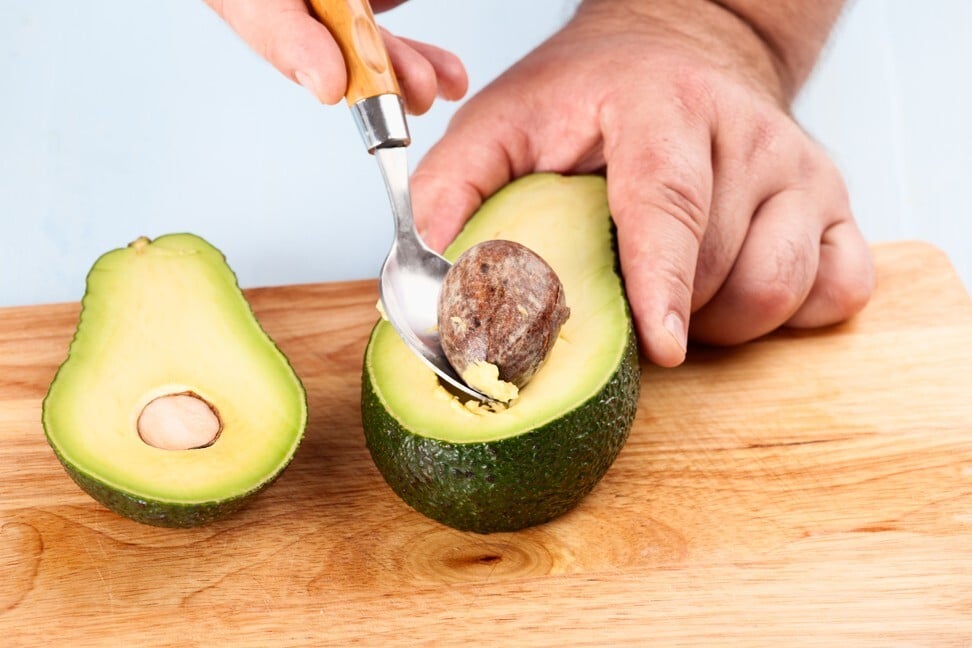
4. Increases nutrient absorption from other foods
Interestingly, adding avocado to your salad or salmon can increase the overall absorption of vitamins from the rest of your meal.
“Avocados are high in fat content, and a healthy amount of fats are needed for our bodies to absorb certain fat-soluble nutrients,” Ho says.

Li cites a study in which researchers experimented with the addition of an avocado to a meal with tomato sauce and a serving of raw carrots.
Results showed that eating avocados significantly boosts the conversion of vitamin A in our bodies.
When paired with raw carrots, avocados more than quadruple the absorption rate of carotenoids. He recommends adding avocado to foods rich in vitamin A, such as pumpkins and tomatoes.
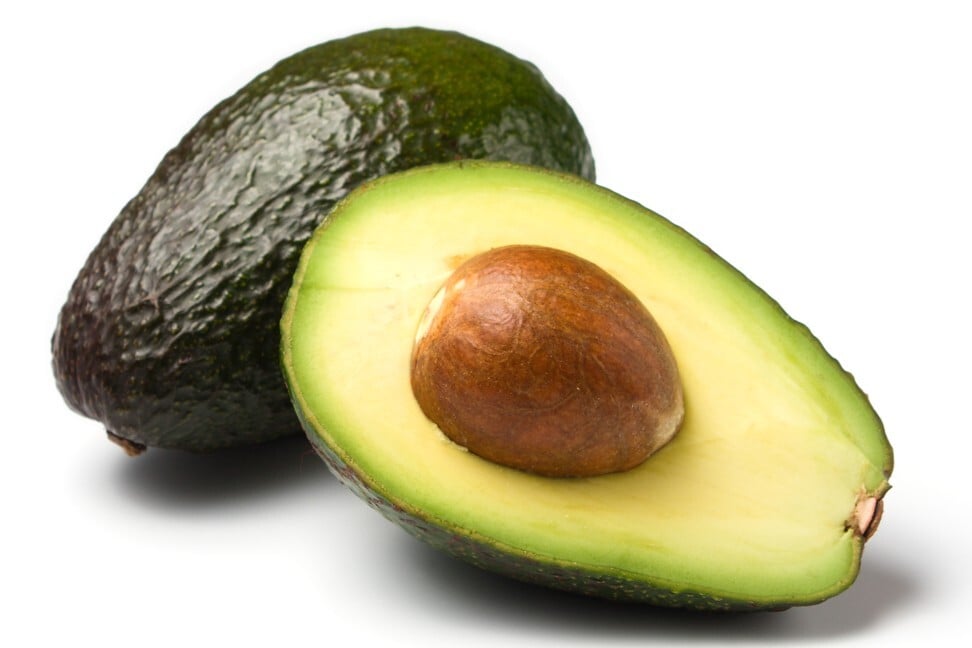
5. Suppresses hunger
But avocados do not help in losing weight, as some might believe. A change in our weight depends on energy balance, she explains – we need to expend more calories than we take in. So eating more avocados or an excessive intake of any food will not in itself help with weight loss.
Avocados may be packed with nutrients, but as a high-calorie food, there’s still a limit to how many you should eat a day. Ho says those watching their weight should avoid consuming too many avocados, since one whole fruit is around 250 to 320 calories – about the same as one to 1.5 bowls of cooked rice.
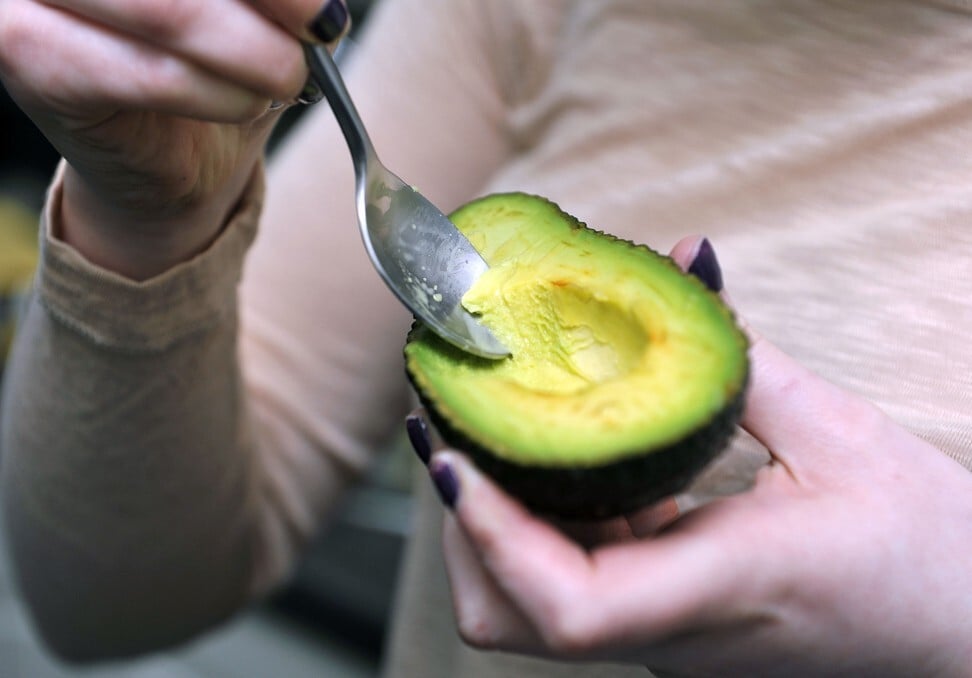
6. Beware of intolerance
For those with IBS, eating an entire avocado in one go may cause gastrointestinal discomfort and trigger IBS symptoms, due to the fruit’s high sorbitol content, Ho says. This type of sugar alcohol is poorly absorbed by the intestine so it ends up fermenting, causing bloating and tummy trauma.

How do you determine a healthy serving of avocado for your diet? There isn’t a one-size-fits-all answer to that, but Lee recommends no more than half an avocado a day.
Li suggests a reasonable serving would be half to one whole avocado. He often tells his clients to have half of one daily, and keep the other half refrigerated with a lemon slice atop or sprayed with lemon juice to keep it from browning.

